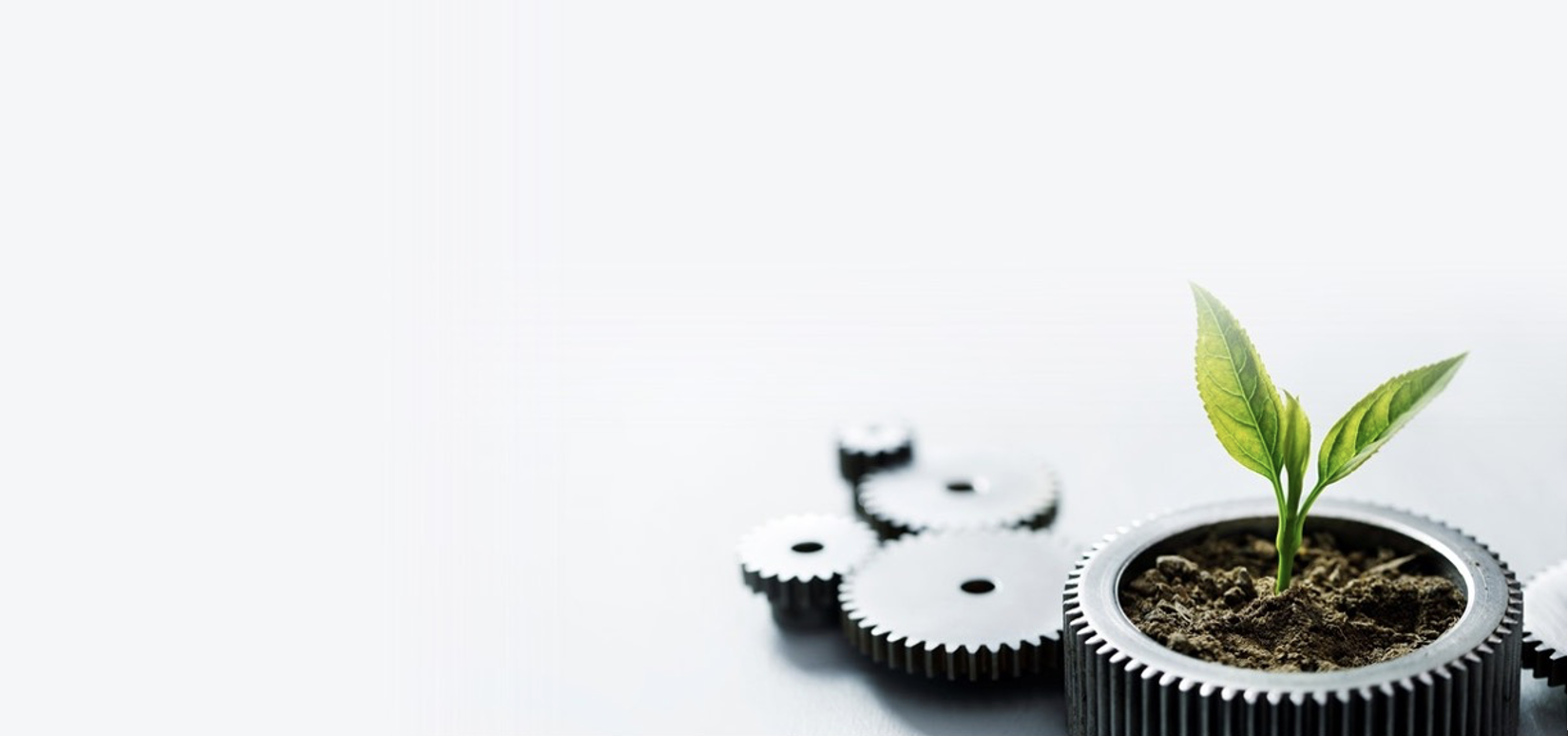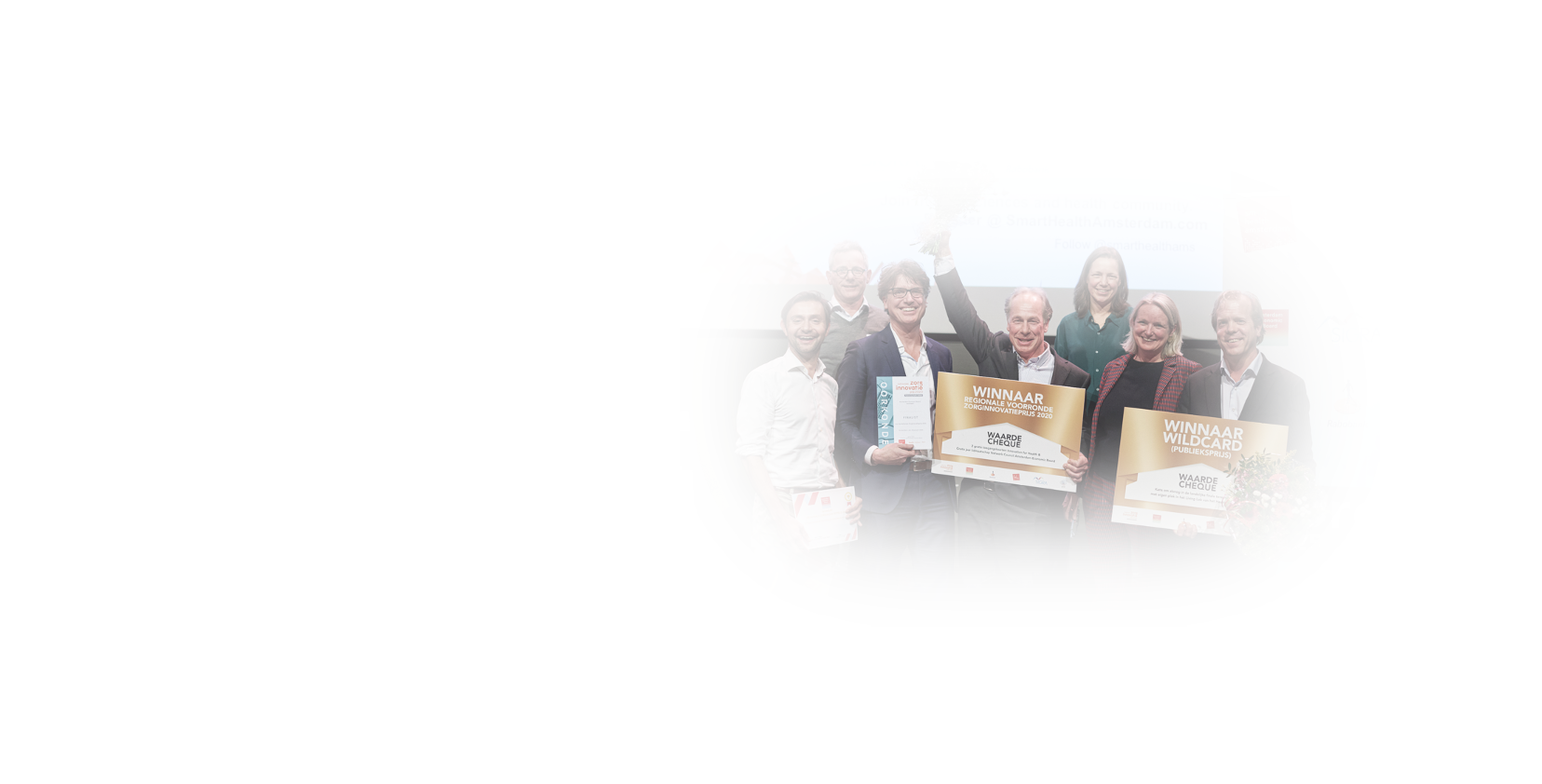
Chapter 3
Business Support
Business Opportunities in
the Dutch LSH Sector
the Dutch LSH Sector
INTERVIEW
With Koen Verhoef
As head of the Knowledge Transfer & Contracting department at the Netherlands Cancer Institute (NKI), Koen Verhoef performs a diverse range of tasks, from negotiating and concluding all the research contracts required to start up a research project to providing support in translating the results of scientific research into practice. ‘Ultimately, we all want to eradicate cancer and take detection and treatment of cancer to the next level. To make that happen, it takes more than publishing research in scientific journals. The focus of my department lies in supporting researchers and clinicians to achieve that’, says Verhoef.
nhvfhgfvnmb
gccmvnjhjbbc
bjhg

The process of converting academic knowledge into societal value is known as valorisation. Valorisation can have an economic component (for example, the creation of new, high-quality jobs in companies that develop new medicines) but that does not have to be the case. ‘For example, if a study has shown that a new chemotherapy combination for treating a person with a particular form of breast cancer is better than the standard combination used up to that point, the treatment guidelines will be adjusted: in the Netherlands, in Europe, and perhaps even in the rest of the world’, explains Verhoef.
The valorisation process does not always involve all of the quadruple helix parties. Nevertheless, entrepreneurs, researchers, government, and citizens complement each other when and where necessary in the process. As an expert by experience, citizens play an indispensable role in sharpening research quests within the healthcare sector. Involving patients in research ensures that their needs are considered in the application. Patient involvement in R&D is of paramount importance for the NKI and its clinicians and researchers. Verhoef explains: ‘NKI not only invites patients to participate in clinical trials testing new treatments. Patients within the NKI are also sometimes asked to participate in research related to the well-being of patients.'
The need for financial support
Optimal valorisation is not yet realised every time and everywhere. It still happens on occasion that valorisation remains limited to the publication of research results. It is important for valorisation experts to be involved early enough (preferably before publication) to file for a patent. This is because once the research results are published, it is no longer possible to obtain a patent in Europe. Without proper protection of intellectual properties via patents for instance, companies are much less willing to take the financial risk of investing in the development of new concepts, products and/or services. ‘Another option of enticing companies to invest in product development is through subsidies for public-private R&D collaborations. Government funding for such collaborations is vitally important’, Verhoef emphasises.
Therefore, funding problems are a major barrier to effective valorisation. Promising research has often been done, but at the same time, a company does not want to enter the product development process until more research has been conducted to reduce the biggest technical risks. “Proof of concept” funding makes such research possible. ‘At NKI, I do not have such funding available, but this would be very useful to us’. Verhoef also highlights an important valorisation instrument that the NKI does have and makes full use of: ‘The popular PPP Allowance of Health~Holland is a crucial instrument for us. This financial subsidy instrument encourages research organisations and companies to jointly invest in research & development with the aim of developing sustainable innovative products and services within the LSH sector. Of every cash Euro invested by a company, Health~Holland adds a bonus of at least 25%. I would like to do a lot more with this.’

Rule number 1 for starting researchers
Verhoef’s tip for new researchers who do not yet know much about valorisation: involve your local knowledge or technology transfer offices and colleagues in your research at the early start. ‘If you think you are on the brink of new technology that could possibly be applied in a new product or process, involve us as early as possible.’
The succes of Zorginnovatie.nl
ZorgInnovatie.nl is an open platform and community. Everyone can share innovative healthcare related ideas here and contribute to the development of other peoples’ ideas. The main drivers of this platform are ‘Connect’ and ‘Accelerate’, because together they make sure that the process of innovation in health, healthcare and well-being can be accelerated.
In 2021, a total of 131 innovations were added to the ZorgInnovatie platform. Currently, over 950 innovations are presented on the platform, varying from robotics to e-Health, but also self-management of health or care, virtual reality, information exchange, and much more. Each innovation’s status is indicated via TRL-levels in order to articulate and quantify whether a project is in the concept phase or already in the scaling-up phase.
950+
innovations are presented on Zorginnovatie.nl

The National Healthcare Innovation Prize
The National Healthcare Innovation Prize is an award for the most innovative company in the scale-up phase. In many cases, when a company has already developed, tested and launched their innovation, they can use a little help to make their business successful. For this reason, Zorginnovatie.nl, together with its partners, awards €15,000 euros to the best feasible and scalable Dutch innovations.
In 2021, the National Healthcare Innovation Prize was awarded to Moovd, who won the jury prize of € 10,000. Moovd develops and provides digital therapies in various segments of healthcare. Post-IC, a digital diary that promises a faster recovery after admission to the Intensive Care Unit won the audience award of € 5,000.
The 7th edition of the National Healthcare Innovation Prize will be awarded on 17 March 2022 during the Health Valley Event. The regional preliminaries have already taken place, and a variety of innovations will have a chance to win the jury and audience prize of €10,000 and €5000 . Interested in who these contenders are? We give you an overview!
Succes stories LifeSciences@Work
The Venture Challenge
Since its start in 2008, the Venture Challenge has proven to be one of the most successful startup programmes in life sciences, therapeutics, diagnostics and medical devices. The Venture Challenge has been a success for over 10 years now, and every year it is a pleasant surprise to see how the participants turn their innovative ideas into solid business cases. In 2021, 9 SMEs participated in the Venture Challenge. Due to COVID-19, the winning team of the Summer and Fall edition 2021 is not yet public. However, during the Dutch Life Science Conference the two winning teams will be announced.
The registration for this years’ Summer Venture Challenge has already been closed. Before the end of March, the participants of the Summer Venture Challenge will be announced. Interested in joining the fall Venture Challenge? Stay tuned.
Read below 3 succes stories of Venture Challenge Alumni!
*The Venture Challenge is organised as a collaboration between NWO and Health~Holland.
Expert classes and Value centres
Besides the Venture Challenge, several startups also joined the LifeSciences@Work (LS@W) Expert Classes and explored the options within the Value Centre. The Expert Classes offer workshops in close collaboration with industry experts on relevant topics for Life Sciences and Medical Technologies Startups. Within the Value Centre, participants are offered ways to increase the success rate and speed up the development to a successful market introduction.
*LS@W is powered by Health~Holland, Top Sector Life Sciences and Health as part of their valorisation strategy and supported by main partners Loyens & Loeff and Pivot Park.

Subsidy innovation brokers for innovative SME
Health~Holland supports entrepreneurs with a scheme that reimburses 50% of the costs of innovation brokers up to a maximum of €10,000. Innovation brokers address various activities that help entrepreneurs take the next step in their idea to innovate healthcare. They make their time available to advise SMEs about and coach them in different aspects, such as the development of a product, process or service and the realisation of a business case.
Furthermore, the entrepreneur gets support in obtaining funding for the medical technology’s development and certification. And last but not least, the innovation broker contributes to the connectivity of the network and links the right partners (for collaboration, such as healthcare, knowledge institutes, other companies and the government). In the past five years, over 500 SMEs with large and small questions have been supported through this scheme.









